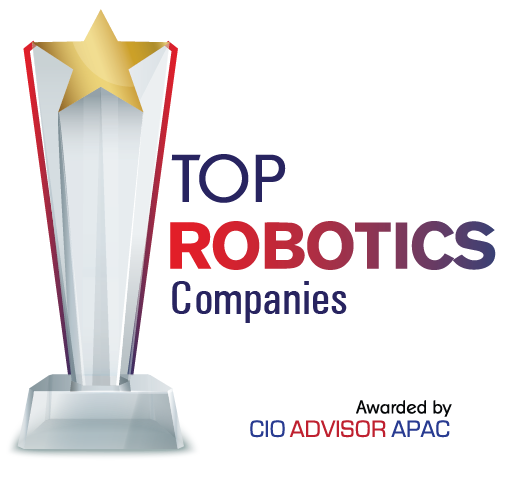Moving beyond science fiction, robots have transformed businesses across industries in unimaginable ways. What seemed the monopoly of the manufacturing industry, is slowly penetrating into retail, food and beverage, healthcare spaces, even households. Robotics has now become an inevitable factor for automation; organizations are leveraging this technology to increase productivity without compromising the quality of the products. As robots continue to take over mundane tasks in business as well as houses, solution providers are looking for more advanced technologies to enhance the execution of every task accurate, eliminating errors and reducing the time consumed.
The integration of Artificial Intelligence (AI) in Robotics has been quite common since the initial years, as companies demand faster delivery of results without the least errors. While that trend continues, Robotics solutions providers are now going that extra mile to incorporate advanced analytics into robotic systems. Doing this will make robots capable of identifying different elements of a task, prioritizing them, and completing them accordingly. Shoppers at retail outlets will be assisted by robots with detailed information about each product, helping them make informed purchases. Drones, self-driven cars as well as unmanned water vehicles will be employed in ports, agricultural areas, and farms to generate faster, accurate results.
Solution providers are promoting task-specific robots along with generalist ones, the former kind being especially designed to perform specific tasks in a business, while the generalist ones will take care of repetitive activities. Unlike the initial times when multiple robots were assigned a common API, the modern generations will comprise a unique API, which will determine the nature of the robot and the task it is designed for.
Alongside, sensors have continued to be a predominant part of the robotics front. However, solution providers are considering innovative ways of incorporating sensors into robots. For instance, laser sensors will take a vital position in keeping a track of objects in a workplace, simultaneously detecting any suspicious activity inside or near the premises. The best part, these sensors will also help organizations control electricity and water consumption during operations, reducing the chances of sudden short circuits. Added to that, robots are also being leveraged in solving last-minute product delivery tasks. Although still on an industrial level, these robots will increase work efficiency and interaction among teams by carrying relevant information or materials to workforces in the same work environment to help compete tasks efficiently.
All aforementioned trends will undoubtedly create a stir in the robotics industry. However, the question of securing APIs and programs developed for the accurate functioning of the robots continues to rise. Solving this predicament, solution providers have implemented blockchain technology to safeguard the exchange of sensitive information among teams or workplaces.
While cutting-edge technology ensures quality for the Robotics industry, it is an uphill task for organizations to decide on one from the vast assemblage of technological trends. To make this task easier, a distinguished panel comprising CEOs, CIOs, CTOs, VCs, Analysts, and the editorial board of CIO Advisor APAC has selected a list of Robotics Solution Providers.
We present to you CIO Advisor APAC’s “Top 10 APAC Robotics Solution Providers - 2019.”















